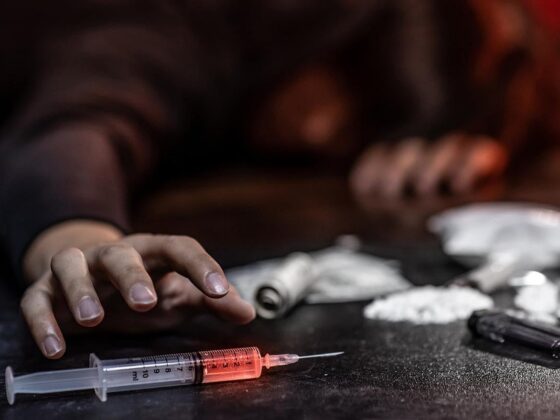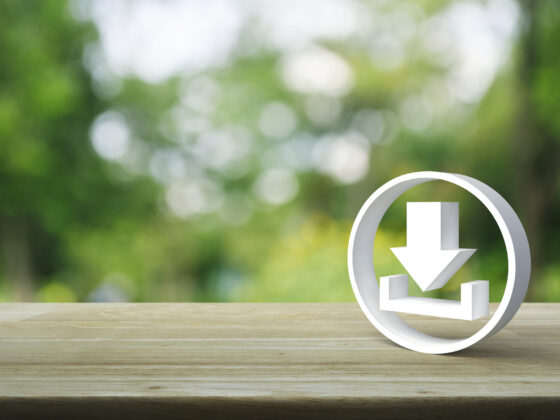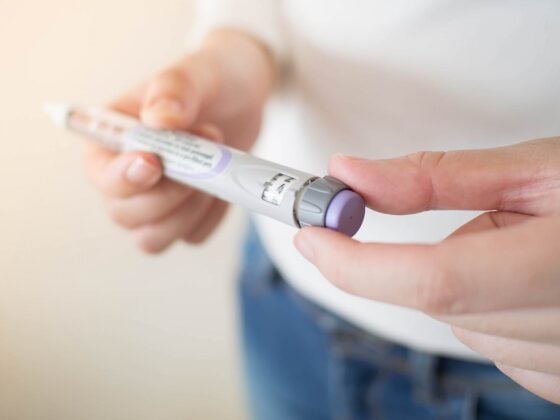The Good Old Days
Ah, the “good old days.” We’ve all heard about or perhaps even reminisced about those times when life seemed simpler, slower, and more idyllic. Times when our days weren’t filled with a constant barrage of text messages, emails, and phone calls demanding instant responses. When a long day at work was the exception rather than the norm. And remember when kitchen counter space wasn’t taken over by a plethora of small appliances like air fryers, instant pots, and electric tea kettles?
Those were the days, or were they?
Selective Amnesia
As humans, we have a knack for romanticizing the past, focusing on the highlights while conveniently forgetting the challenges and struggles that came with it.
Let’s ponder life before cell phones. Sure, there were some perks, like not having to call anyone while driving, allowing us to enjoy music or the peace and quiet. But let’s not overlook the stress of hunting down a pay phone when you urgently needed to make a call.
Or the frustration of explaining to your parents why you couldn’t inform them about your late return home after a Friday night at Burger King with friends because there was no pay phone. Trust but verify, right? So off to Burger King with Dad the next day to confirm the absence of a pay phone!
Tradeoffs: Simplicity or Innovation
Sometimes people yearn for the simplicity of the past, especially when it comes to healthcare.
Health insurance plans used to be less complex and easier to compare. Today, navigating premium contributions, deductibles, and variable co-pays based on the type of service and drug formulary tier can feel like navigating a financial labyrinth. And remember when fewer medical services required prior authorization or were part of a utilization management program? Plus, healthcare costs seemed to take a smaller chunk out of our paychecks or pensions.
But before you long for the good old days of healthcare, consider the remarkable advances in medical care over the past few decades. From MR imaging to targeted cancer therapy, minimally invasive heart surgery to gene therapy, medical science has made incredible strides in treating a wide range of conditions.
So, do you still want to go back to the good old days?
Happy reading,
Suzanne Daniels
- NewsWatch: current healthcare news, including GLP-1 supply tracker, effectiveness of ‘Watch-and-Wait’ for prostate cancer, and people quit GLP-1 weight loss drugs too soon.
- It’s An Innovation: use of digital twins in heart surgery, reinventing the tampon, and using AI for a patient who lost her voice.
- Sign of the Times: the addiction crisis, American worker loneliness and the pros and cons of cancer supertests.
- Curious Queries: including my personal favorite, How Do Elephants Say Hello?
NewsWatch
Fierce Healthcare
Telehealth company Ro rolls out GLP-1 supply tracker amid ongoing drug shortage
HealthDay
Study Confirms Effectiveness of ‘Watch-and-Wait’ Approach to Prostate Cancer
Fortune Well
GLP-1 drugs like Wegovy are all the rage—but people are quitting them too fast to achieve meaningful weight loss, finds 170,000-patient study
It’s An Innovation
Wall Street Journal
A ‘Digital Twin’ of Your Heart Lets Doctors Test Treatments Before Surgery
Axios
The quest for a better tampon comes as women’s sports surge
Associated Press
Illness took away her voice. AI created a replica she carries in her phone
Sign of the Times
Axios
The addiction crisis is even worse than headlines can convey
Curious Queries
Vox
Why are whole-body deodorants suddenly everywhere?
History Cooperative
Who Invented S’Mores? A Sweet History
Smithsonian Magazine
How Do Elephants Say Hello?
Enjoy the weekend!
Best,
Suzanne
Suzanne Daniels, Ph.D.
AEPC President
P.O. Box 1416
Birmingham, MI 48012
Office: (248) 792-2187
Email: [email protected]

News you can trust



